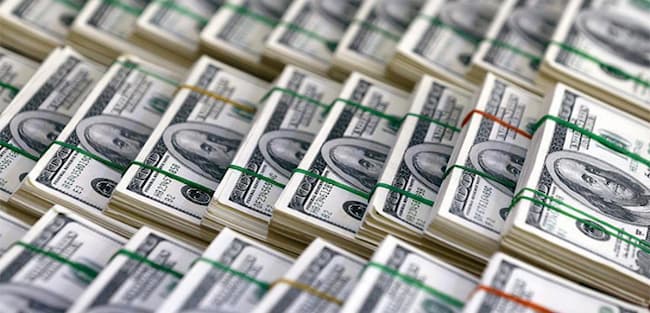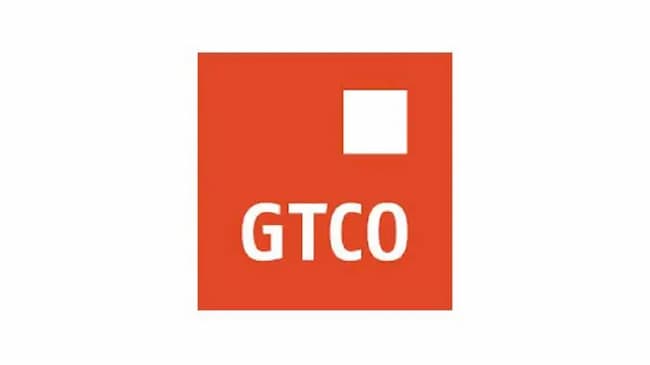Nigeria’s US dollar-denominated bonds have staged a strong recovery in the international debt market, with the average yield falling below the 10% threshold. The surge in demand is being attributed to growing investor confidence and renewed appetite for the country’s sovereign debt instruments among global portfolio managers.
The bullish momentum marks a reversal from recent bearish sentiment that had driven sell-offs across African sovereign debt, including Nigeria’s Eurobonds. Foreign investors had previously embarked on a portfolio realignment exercise that saw consistent liquidations of African debt assets.
In spite of lingering headwinds affecting commodity-linked economies such as Angola, Nigeria’s sovereign curve saw an upswing as investors returned to its Eurobond space. Market analysts observed a broad mix of activity across African Eurobond markets, with some segments experiencing profit-taking while others, like Nigeria’s, benefited from increased buying pressure.
Analysts at Cowry Asset Management noted that the resurgence in demand has positively influenced all tenors of Nigeria’s sovereign Eurobond curve. The most significant movements were recorded in the September 2028 and March 2029 maturities, leading to a widespread compression in yields. As of the latest data, the average yield on Nigeria’s Eurobonds dropped to 9.81%.
Fixed-income strategists believe the outlook for Nigeria’s Eurobond market remains cautiously optimistic. Market behavior is likely to be characterized by a blend of bullish and mixed sentiments, as value-focused investors cherry-pick instruments with favorable return profiles.
April’s global fixed-income environment remained largely volatile, shaped by geopolitical trade developments. The United States’ announcement of reciprocal tariffs led to an early-month dip in Treasury yields and a pullback in risk-on assets. Nevertheless, a mid-month policy shift in Washington—where a 90-day tariff moratorium was granted to most nations (excluding China)—sparked renewed interest in US Treasuries and helped stabilize sentiment.
Simultaneously, the U.S. economy contracted by 0.3% in Q1 2025. The downturn, fueled by a spike in imports and shrinking government expenditure, added to global investor unease. This spurred a short-lived retreat from emerging market debt, including African sovereign Eurobonds, with yields temporarily pushing toward 12% in Nigeria before the market reversed course.
The improved sentiment now buoying Nigeria’s bonds suggests a growing willingness among foreign investors to re-engage with high-yield African sovereign assets, provided macroeconomic risks remain manageable.













